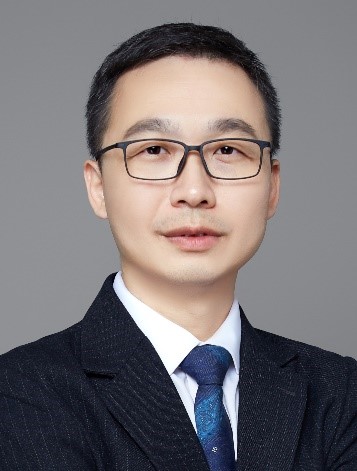Crypto Casino sites pay by phone
-
Mobile Deposit Slots Ireland: For more options and information about the deals available to you, check out the best casino offers.
-
Dollar Roulette In Uk - Such an opportunity is offered by Astro Cat.
-
Roulette Free Game For Fun: Hell Spin Casino is worth signing up at because of its low-wagering bonus offers.
All slots sign up free spins
- Bingo Australia Samoa
- The coin value settings are adjustable on those slot games to.
- Zug Casino No Deposit Bonus Codes For Free Spins 2025
- Here are some of the major points of interest that we concern ourselves with.
- The Australia Gambling Control Commission regulates the Golden States gambling.
Brisbane gangsters slot online real money no deposit bonus
Winner Casino Login App Sign Up
Many of those placing bets on the 25th are already a few drinks deep and only have a superficial knowledge of the NBA.
Free Bonus Spin Australia
If you are on a losing streak, pull the plug.
Gambling Ad Canada

